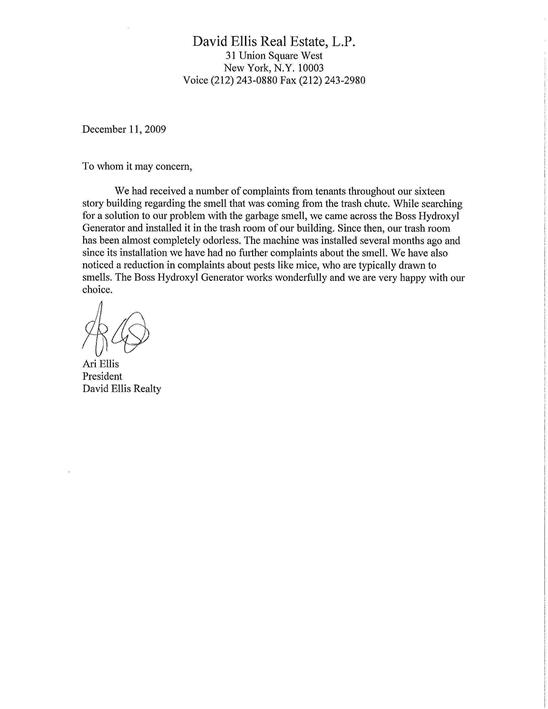
- To whom it may concern meaning android#
- To whom it may concern meaning software#
- To whom it may concern meaning tv#
- To whom it may concern meaning free#
This website also provides you English Grammar, TOEFL and most common words. The dictionary has mainly three features : translate English words to Tamil translate Tamil words to English, copy & paste any paragraph in the Reat Text box then tap on any word to get instant word meaning.

To whom it may concern meaning android#
This English to Tamil dictionary also provides you an Android application for your offline use. It has more than 500,000 word meaning and is still growing. This dictionary helps you to search quickly for Tamil to English translation, English to Tamil translation.
To whom it may concern meaning tv#
It does not only give you English toTamil and Tamil to English word meaning, it provides English to English word meaning along with Antonyms, Synonyms, Examples, Related words and Examples from your favorite TV Shows. This dictionary has the largest database for word meaning.
To whom it may concern meaning software#
Well, I'd think they would have the software that would have automatically inserted your name appropriately in the salutation, especially since the letter is confirming funding.This is not just an ordinary English to Tamil dictionary & Tamil to English dictionary. I received a letter of confirmation for funding from an English native speaker. But that version might seem to sound a bit formal for some situations or purposes, for some speakers or institutions.)Īnyway, if I had received a salutation like that in a letter, I probably wouldn't have noticed it. (ASIDE: Although, it is true that the salutation "To whom it may concern" is a grammatical and traditional way of doing it. And version #2 might have been considered to be too "non-standard" looking, or else the writer might have been afraid that the reader might consider that form to be too non-standard and unacceptable for a salutation. Versions #1 and 3 may have been thought to be too formal or stiff sounding (to the speaker/writer). There's related info in the 2002 reference grammar CGEL, pages 1074-6.)Īlso, the decision to use that form of salutation:Ĭould have been arrived at as a preference over the various other possibilities:
To whom it may concern meaning free#
(Though, the verb "concern" might not actually be considered to be a member of the small set of allowable verbs, such as " choose, like, please, want, wish", which would be interpreted as if having a causal complement when used in a free choice construction - and so, perhaps this salutation can't involve a free choice construction. Just something to think about, if one is interested in the grammaticality of that salutation.


She has been a tremendous student and an asset to our school. (The two case requirements: the matrix preposition "to" wants the accusative "whom", while the relative clause also wants the accusative "whom".) To Whom It May Concern: As the Dean of Stonewell College, I have had the pleasure of knowing Hannah Smith for the last four years. Often, for a fused relative, there are conflicting case requirements imposed by the matrix and the relative, but here, there is no conflict. (Note the difference between the meaning of "the person who(m)" and the free choice meaning of "anyone who(m)".) Though, I'd think that the letter was meant to be read by a specific person, and so, the free choice argument here might be considered to be kinda moot, maybe.īut the argument for the use of a fused relative seems to be strong, where it would have the meaning: "This letter is to the person whom it may concern". Then the salutation might be considered to be an ellipted form of something like "This letter is to whoever it may concern". There might even be a reasonable argument that the fused relative is being used in a free choice construction that would be equivalent in meaning to: To anyone whom it may concern. It sounds natural to my ear, and it seems to be the speaker's attempt to use a fused relative in the salutation in a not-too-formal of a tone. Actually, I like that expression "To whoever it may concern".


 0 kommentar(er)
0 kommentar(er)
